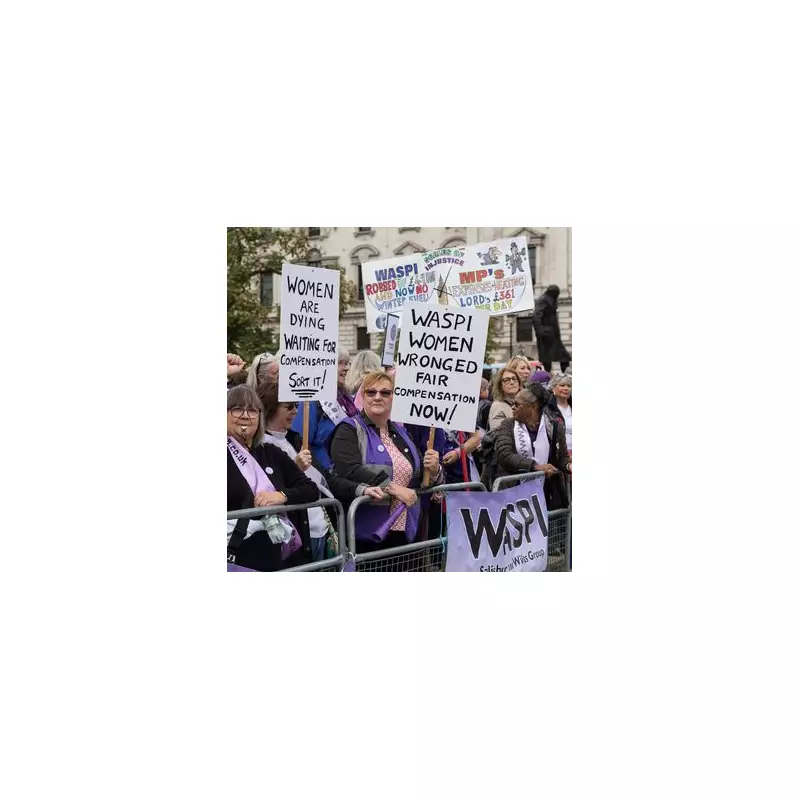
The Department for Work and Pensions is facing renewed legal pressure as the long-running battle over state pension age changes for women intensifies. The WASPI (Women Against State Pension Inequality) campaign has launched a fresh fight for compensation, potentially leading to another judicial review against the government.
Millions of women born in the 1950s have been affected by the government's decision to equalise the state pension age between men and women. Many claim they received insufficient notice about the changes, which saw their retirement plans thrown into chaos.
New Legal Front Opens
Campaigners have now written to the Work and Pensions Secretary, Mel Stride, demanding fair compensation for the financial losses suffered. The move comes after the Parliamentary and Health Service Ombudsman found the DWP guilty of maladministration in its handling of the pension age changes.
"This isn't about reversing the pension age equality," explained a WASPI spokesperson. "It's about proper compensation for the complete lack of notice given to women who had planned their retirement around specific dates, only to have the goalposts moved at the last minute."
Government Under Pressure
The potential judicial review represents the latest chapter in a decade-long fight for justice. Previous legal challenges have seen mixed results, but campaigners believe new evidence and the Ombudsman's findings strengthen their case considerably.
With general elections looming, political pressure is mounting on all parties to address what many consider one of the greatest welfare injustices of recent decades. The outcome could have significant implications for government finances and future pension policy.
What Happens Next?
The DWP now has a limited time to respond to the campaigners' demands. If satisfactory compensation isn't offered, WASPI lawyers are prepared to initiate formal legal proceedings that could see the government back in court within months.
For the 3.8 million women affected, this new legal action represents perhaps their last best chance for obtaining meaningful compensation for the retirement plans that were unexpectedly disrupted.




